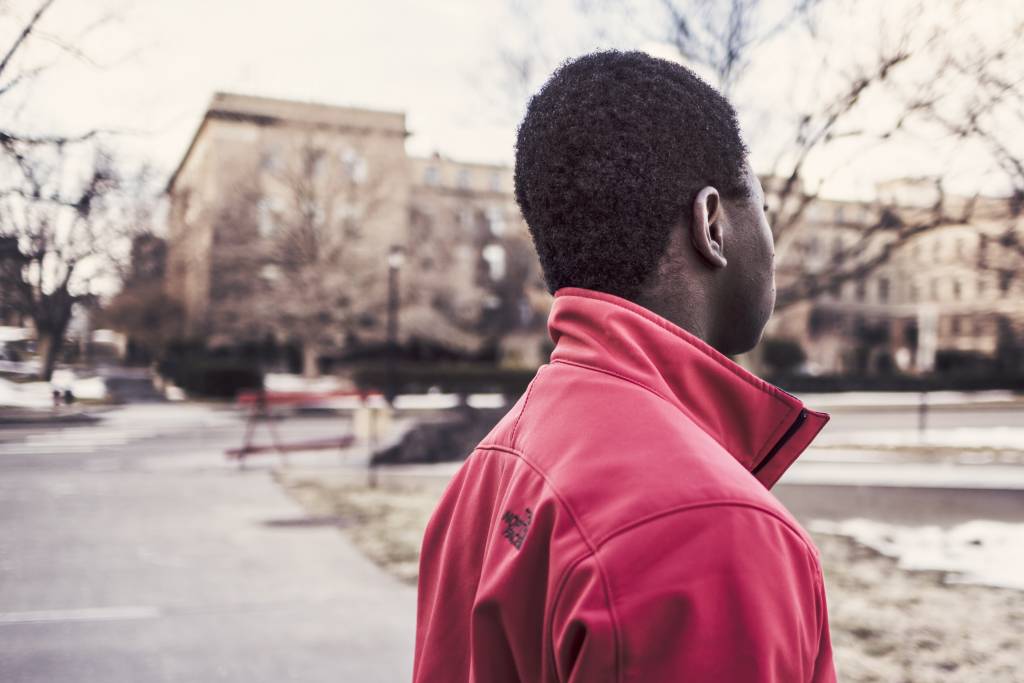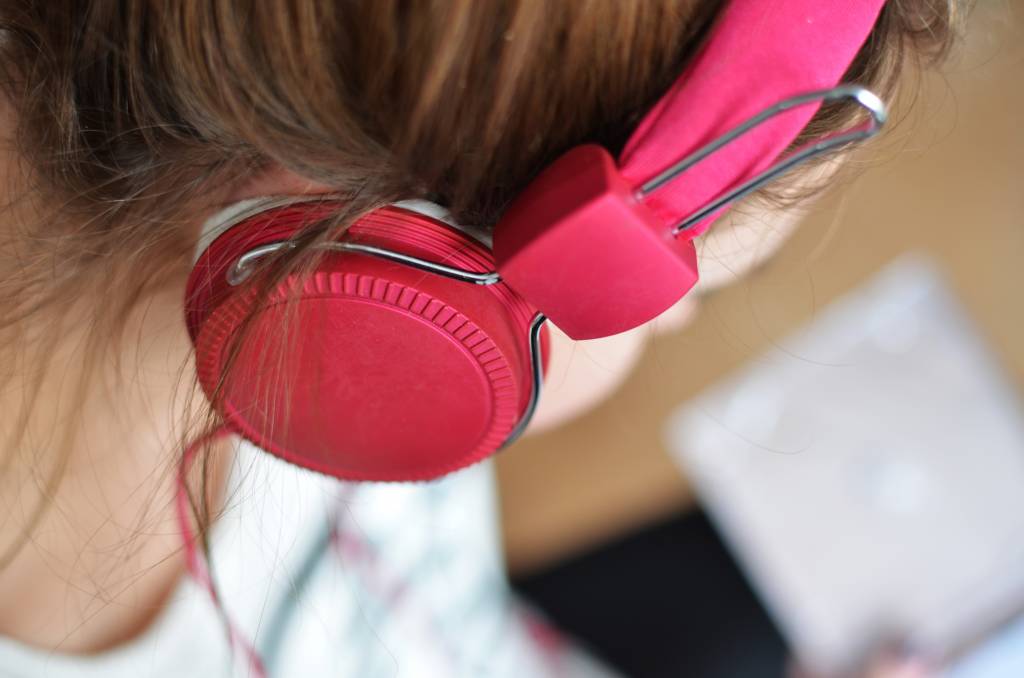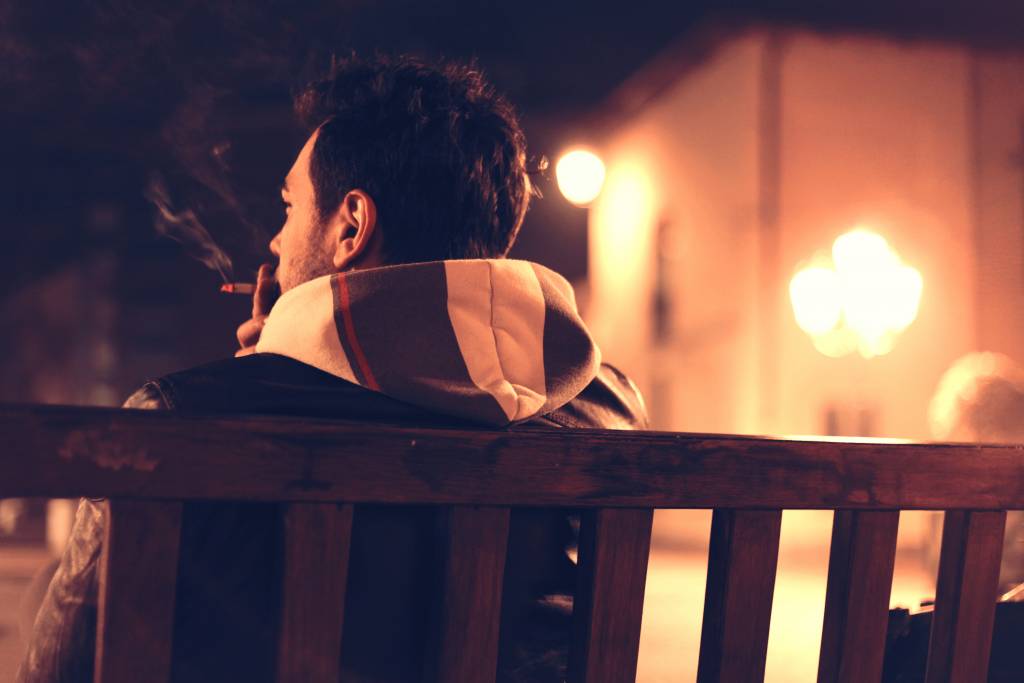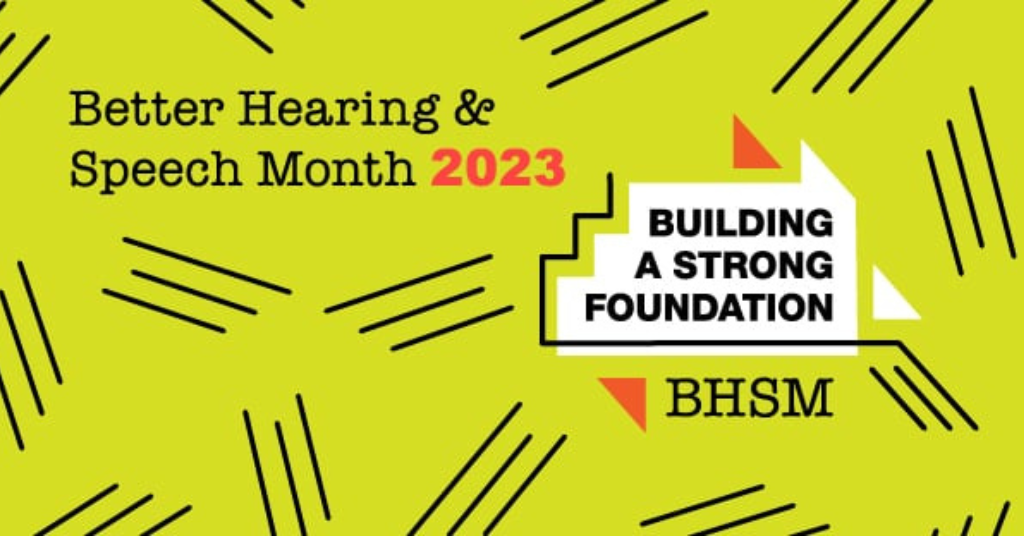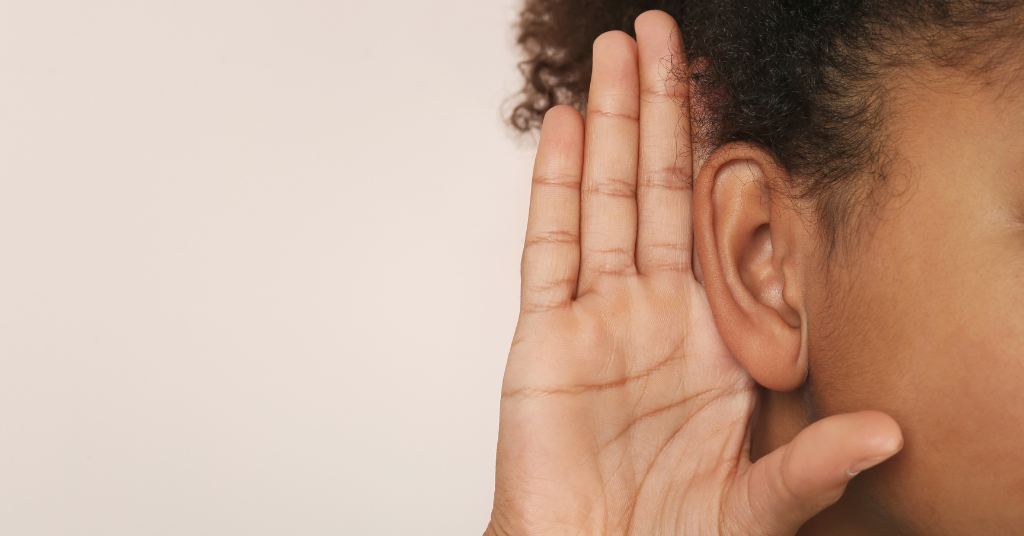
Cool Halloween Hearing Aids Prove that Technology Isn’t Scary
October 27, 2015
Phonak Playlist: Spooky Halloween Songs
October 30, 201510 Small Changes You Can Make to Save Your Hearing

Birds chirping, children laughing, waves crashing … these are a few of the sounds people say they miss the most when they lose their hearing. About 1.1 billion people around the world are affected by hearing loss, including more young people than ever. If we want to enjoy the sounds of life it’s time we be more active to protect our ears.
Make these small changes to save your hearing:
1. Assess your noise lifestyle
How loud is your daily life? Do you work in an office (40 dBA)? Do you have a baby (110 dBA)? Do you do enjoy going to football games(117 dBA)? Knowing the common noises in your life and their decibel levels will help you assess when your ears need a break. Sounds louder than 85 dBA can cause permanent hearing loss. The maximum exposure time at 85 dBA is eight hours, but at 110 dBA, the maximum exposure time is one minute and 29 seconds, according to the National Institute for Occupational Safety and Health. Check out this list of common noises measured in dBA or decibels, or experience “How Loud is Too Loud”.
2. Listen to your ears
The most important thing is to listen to what your ears are telling you! If you start hearing or experiencing rushing or whistling sounds in your ears/head it is a sign that you should give your ears a rest, allow yourself a day of peace and quiet and turn the volume well down in future.
3. Watch out when you work out
Cardio exercise, which improves blood flow, is beneficial to your overall health and your ears, but be wary of the noise levels during your workout. Fast-paced group courses that use music and booming bass to pump you up, may be breaking down your ears. Ask your trainer to turn the music to a safe level (there are apps and sound monitors to measure the volume) or pack a pair of earplugs in your gym bag.
4. Learn the 60:60 Rule
Everyone loves music, but sending music directly into your ears via MP3 player earbuds can cause major damage. The iPod can produce a maximum of 100-115 decibels, which is the equivalent similar to using a chainsaw or attending a rock concert, according to Time. The 60:60 rule ensures your ears get a break. Enjoy music from your MP3 player safely by listening to your music at 60% of the maximum volume for no more than 60 minutes a day.
5. Wear headphones
The EU standard stipulates a limit value of 100 dB(A) for MP3 players, however many devices are louder. The reason for this is that the measurements for the standard are based on a standard test noise, whereas contemporary music is digitally processed in such a way that continuous sound levels of up to 105 dB(A) can be achieved. Special headphones which are louder than the supplied standard earphones raise decibel levels even higher and thus further increase the danger of hearing damage. Instead of earbuds, choose noise-cancelling headphones, or muff-type headphones, which help block out background noise and allow lower volume levels.
6. Protect your head
Skull fractures and head injuries are common causes for inner ear hearing loss, so it’s important to wear proper head gear when necessary. Wearing a helmet when biking, avoiding sports where concussions are common, and using protective gear at construction sites or other dangerous environments can help save your ears and more.
7. Make healthy choices
Smoking, medication, anxiety and an overall unhealthy lifestyle can all be hard on your hearing. More than 450 drugs (some prescription only, others over the counter) can wreak havoc on hearing, while anxiety, fast pace of living or stress can cause tinnitus problems. Smoking has also been linked to hearing problems. Make healthy lifestyle choices for healthy ears.
8. Keep your ears warm
The risk of infection in the ears increases in cold conditions, as less blood is circulated in the ears. A cold head may cause cramped muscles in the neck region. Sometimes, a continuous tension of the muscles in the atlantoaxial joint can lead to ear problems like tinnitus. Cold and wind can irritate the ear canal, which often causes pain in the outer part of the ear. Water in the ears can easily cause inflammation in cold conditions. Frostbite can quickly occur in the ears in sub-zero temperatures.
9. Don’t put up with work noise
Every year, approximately 30 million people in the United States are occupationally exposed to hazardous noise, according to OSHA. If you work in a loud environment, make sure you’re practicing your rights for a safe work place. Talk to your employer or HR Department and ask for advice on reducing the noise and getting hearing protection.
10. Have ear protection on hand
There are many different ways to protect your ears. Hearing protection comes in various types, including ear plugs, ear plugs with frames, wadding, ear molds, headphones and ear muffs. Check out the wide variety, and always have an option on hand, especially when you know to you’re heading to a loud place.


